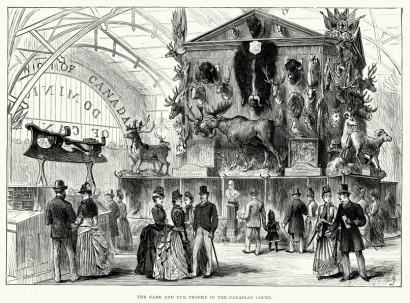 Caudillismo is a phenomenon that emerged in Latin America throughout the nineteenth century that consisted of the arrival to power by unusual mechanisms of leaders endowed with a strong charisma.
Caudillismo is a phenomenon that emerged in Latin America throughout the nineteenth century that consisted of the arrival to power by unusual mechanisms of leaders endowed with a strong charisma.
Supported by important population groups, whom they seduced with their strong personality and a series of promises, these leaders took control of the government supported by opposition military sectors. After their installation in power, and after a brief period of transition, they used to call elections in which they emerged victorious, and in this way they gave legitimacy to their maneuver.
However, behind the caudillismo there was not a real desire to help solve the problems of the people, but rather the pretense of seizing power and favoring those power groups that were related to it.
This used to cause a repetition of the process, with new leaders leading the protests and revolts, and popular support motivated by the frustration of the people at not fulfilling everything that had been promised at the time.
Etymologically, it comes from the Latin term “Capitellus, capitelli”, and its meaning is “Caudillo government”
Traits and characteristics of Caudillismo
Apart from the aforementioned peculiarity of the strong charisma of each and every one of these caudillos, the system itself presented a series of characteristics that were repeated over and over again regardless of who held power at that time.
One of these traits was the search for popularity and the loss of prestige of the opponents, a characteristic that remains constant over time in many other personalist regimes that have followed in Latin America later.
All those who came to power had power and money, so, despite having popular support, they cannot be considered to be part of a lower social class. Quite the contrary, they enjoyed good contacts and influence, and it was these power groups that benefited when the new caudillo reached the government.
 They relied on their rhetoric and persuasiveness to convince the people to support them, using whatever resource they found useful. It was as valid to appeal to nationalistic sentiments as to build a clientelistic network based on gifts.
They relied on their rhetoric and persuasiveness to convince the people to support them, using whatever resource they found useful. It was as valid to appeal to nationalistic sentiments as to build a clientelistic network based on gifts.
Finally, they subordinated democratic institutions to their own goals. All proclaimed noble ideas, behind which particular interests were hidden, and once installed in power they were in charge of achieving them by controlling the will of the partisans and repressing the opponents, so that the apparent democratic regimes were nothing but a pantomime.
Photos: iStock - duncan1890 / Linda Steward









